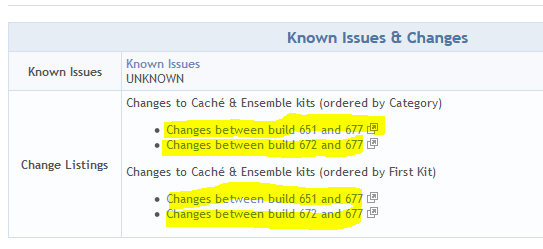I am working with Caché Relationships.
I know how to iterate through the One side of the relationship and for each One iterate through all the various Manys.
What I have been trying to figure out, is the code (I can put into a Class) that will start at the top of the Manys, iterate down and for each of the Manys, pull the associated One.
I can do this with SQL or Globals, but I want to use only Class type code.
Is that clear? Any help?


 Beginning -
Beginning - 
